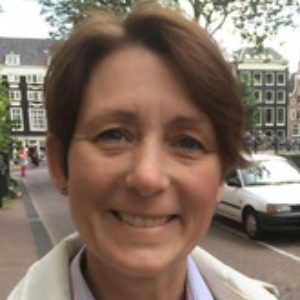Abstract:
Abstract
Background: Substance withdrawal is one of the most common advert events in the pediatric Intensive Care Unit (PICU), as the administration of potent opiates and sedative drugs is frequently performed several times each day.
Objectives: To describe challenges in the nursing care of children with substance withdrawal syndrome in the pediatric intensive care unit.
Method: An explorative and descriptive semi-structured qualitative interview study with a strategic selection of informants, conducted at one of the three pediatric intensive care units in Sweden.
Results: Four different challenges: Guarding the patient's interest, Working according to structured support, Increasing knowledge of measuring instruments, Discuss the observations were found describing different challenges to recognize withdrawal symptoms
Conclusion: As long as the medical terminology is allowed to prevail in the clinic, nursing care will not develop to a common language further than being local, hindering communication in an understandable language. Which exposes the child to unnecessary suffering as the interpretation and description of what one sees becomes subjective.
What will audience learn from your presentation?
- Puts the focus on children with need of sedation.
- This will help the clinicians to be aware of withdrawal symptom and meet their needs before they develop a withdrawal symptom. It is necessary for the team to approach withdrawal syndrome.




